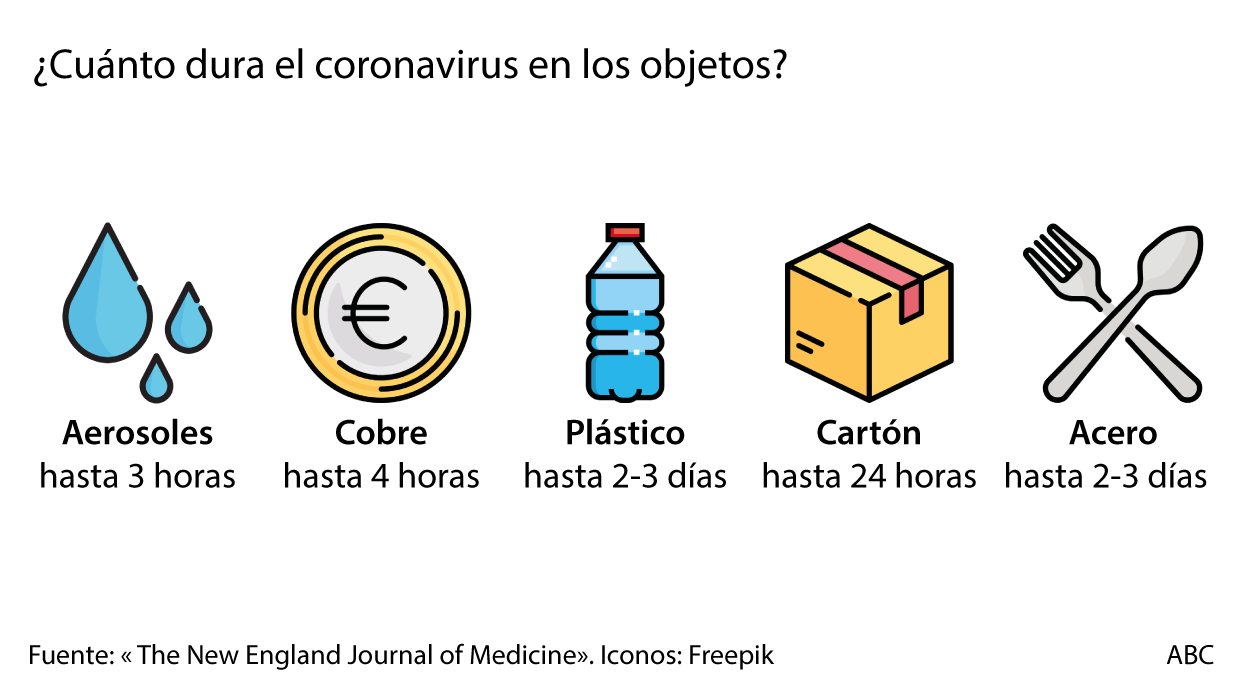

If you don’t have preeclampsia, your doctor will order tests for preeclampsia as well as others to determine why you’re having seizures. If you already have a preeclampsia diagnosis or have a history of it, your doctor will order tests to determine if your preeclampsia has happened again or gotten worse. If the kidneys’ filters, called glomeruli, are damaged, protein can leak through them and excrete into your urine. However, the kidneys try to retain nutrients in the blood, such as protein, for redistribution to your body. Typically, your kidneys filter waste from your blood and create urine from these wastes. Each time you have a doctor’s appointment, your urine may be tested for protein. Protein in your urine, also known as proteinuria, is a common sign of the condition. Preeclampsia commonly affects kidney function. If this abnormal blood flow through vessels interferes with your brain’s ability to function, seizures may occur. It can produce swelling in the blood vessels in your brain and to your growing baby. Damage to your arteries may restrict blood flow. Preeclampsia is when your blood pressure, or the force of blood against the walls of your arteries, becomes high enough to damage your arteries and other blood vessels. They can explain how the symptoms of preeclampsia may lead to eclampsia. If your preeclampsia worsens and affects your brain, causing seizures, you have developed eclampsia.ĭoctors don’t know for sure what causes preeclampsia, but it’s thought to result from abnormal formation and function of the placenta. Other findings may also be present such as protein in the urine. Eclampsia often follows preeclampsia, which is characterized by high blood pressure occurring in pregnancy and, rarely, postpartum.


 0 kommentar(er)
0 kommentar(er)
